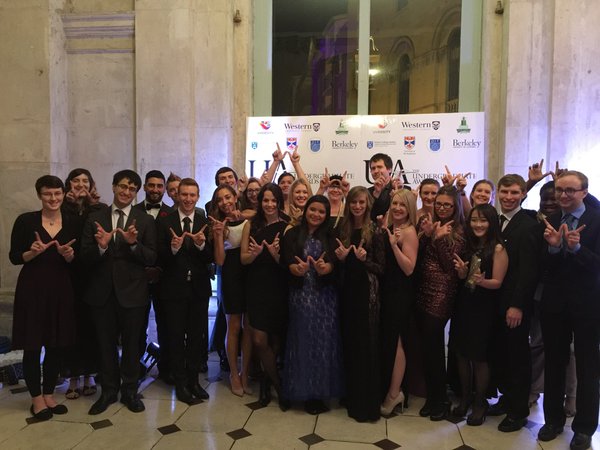
2015 Undergraduate Awards
Document Type
Article
Publication Date
2015
Abstract
Immanuel Kant argues that rational beings are bound by an unconditional moral requirement to treat humanity always as an end and never as mere means. Kant derives this requirement from the principle that humanity is an end in itself. The purpose of my essay is to provide an interpretation of Kant’s concept of an end in itself that is consistent with the other features of his moral theory and that does not have morally repugnant consequences. To be consistent, Kant must identify a good will with an end in itself. I provide two independent arguments to demonstrate that this follows from the type of value Kant uniquely attributes to a good will and an end in itself. I also rely on Kant’s teleological claims about the faculty of reason to explain how a good will can be an end in itself. To be morally acceptable, a good will cannot be the only end in itself. If Kant identifies only a good will with an end in itself, then by “humanity” he refers only to beings that have a good will. This would mean that beings lacking a good will fall outside of the scope of the unconditional moral requirement. I argue that Kant avoids this consequence by invoking a distinction between two kinds of ends in themselves. This distinction is suggested by a parallel between his argument regarding freedom and his derivation of the unconditional moral requirement. By attending to this parallel and the way he uses the term “humanity” in various works, I argue that Kant takes all rational beings, even if they lack a good will, to be a kind of end in itself and to deserve the fullest sort of moral consideration.


